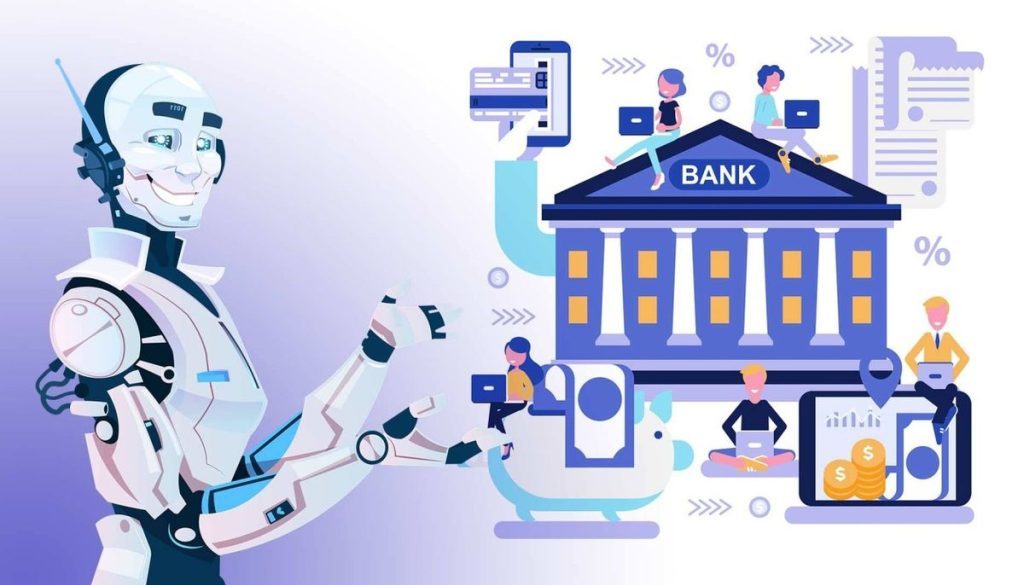- AI’s $16 Trillion Impact by 2030.
- AI’s Effects on Jobs: Gains and Challenges.
- Strategies for Arab Banks to Leverage AI.
The dawn of the AI super cycle heralds a transformative era for global economies, with generative AI poised to redefine productivity and economic growth. As AI innovations accelerate at an unprecedented pace, it becomes crucial for economists, bankers, and financial executives in the Arab world to understand and adapt to the emerging landscape. This article explores the implications of AI on capital, labor, and productivity, and offers strategic recommendations for Arab banks and financial institutions.
The Economic and Productivity Gains of AI
Generative AI’s adoption is anticipated to drive significant productivity gains and robust economic growth. By 2030, AI is expected to contribute a staggering $16 trillion to the global economy, according to PwC. These gains, however, will largely benefit the owners of capital rather than the labor force. The technological advancements underpinning AI, such as large language models (LLMs), require enormous capital investments, creating a concentrated group of winners, primarily among Big Tech firms with monopolistic market positions.
In 2023, the top US technology companies, collectively known as the Magnificent Seven, allocated $370 billion to research and development. This investment matches the European Union’s total R&D budget, underscoring the scale of resources required to maintain a competitive edge in AI development. The costs associated with training and operating LLMs, predominantly from high-end graphics processing units (GPUs) and data center operations, are substantial. Sam Mugel, CTO of Multiverse, estimates that training the next generation of LLMs will soon cost at least $1 billion.
Labor Market Transformations
The impact of AI on the labor market remains uncertain. Estimates vary widely, with Goldman Sachs predicting that AI could automate the equivalent of 300 million full-time jobs, while the World Economic Forum anticipates a much lower net loss due to job creation in green sectors and climate-change adaptation. Despite these divergent projections, there is a growing concern that AI will lead to long-term structural unemployment, affecting both skilled and unskilled workers.
The repercussions of job losses will vary across different sectors. While chip manufacturers and AI infrastructure developers are experiencing significant job growth, the broader economic impact remains unclear. Early studies suggest promising efficiency and productivity gains for remaining workers. A 2023 study by Erik Brynjolfsson, Danielle Li, and Lindsey R. Raymond found that AI tools boosted worker productivity by 14% on average, and by 34% for new and low-skilled workers.
Historical Context and Future Diffusion
Technological advancements have historically driven global connectivity, expanded access to public goods, spurred innovation, and improved living standards. AI is expected to follow this trajectory, albeit at a faster pace than previous technologies. Unlike earlier general-purpose technologies that required extensive infrastructure investments, AI can be deployed rapidly through existing digital platforms and devices.
The steam engine, electrification, and personal computers took decades to achieve widespread adoption. In contrast, AI’s deployment is set to outpace these technologies, potentially achieving significant productivity and efficiency gains sooner rather than later. This rapid diffusion will likely enhance economic growth, with substantial benefits for capital owners.
Implications for Capital and Taxation
As AI drives economic gains, the distribution of these benefits will skew towards capital owners. This shift necessitates a reevaluation of business models and government policies. Companies may increasingly adopt less labor-intensive growth strategies, amplifying the capital-to-employment ratio. Consequently, governments will need to reassess tax policies to capture the excess profits generated by automation.
A higher corporate tax rate may be necessary to address the economic imbalance. Additionally, the potential rise in structural unemployment could revive discussions on universal basic income, offering a safety net for those displaced by AI-driven automation.
Addressing Inequality and Geopolitical Tensions
The AI super cycle also raises concerns about widening economic disparities both within and among countries. The gap between technology leaders, such as the US and China, and the rest of the world, particularly the poorest economies, could exacerbate geopolitical tensions. Policymakers must consider AI’s impact on inequality and strive for inclusive growth that benefits a broader spectrum of society.
Strategic Recommendations for Arab Banks
Given these transformative changes, Arab banks and financial institutions must adopt proactive strategies to navigate the AI-driven landscape. Here are key recommendations:
- Investment in AI Capabilities: Banks should invest in AI technologies to enhance operational efficiency, customer service, and risk management. Leveraging AI can provide a competitive edge and drive innovation in financial services.
- Workforce Reskilling: To mitigate the impact of job displacement, banks should prioritize reskilling and upskilling their workforce. Training programs focused on AI literacy and digital skills will prepare employees for new roles in an AI-enhanced environment.
- Policy Advocacy: Engage with policymakers to advocate for balanced regulations that promote AI innovation while addressing ethical and economic concerns. Collaboration with government entities can help shape policies that support sustainable growth.
- Ethical AI Adoption: Ensure that AI implementations adhere to ethical standards, protecting customer data and maintaining transparency. Ethical AI practices will build trust and safeguard the bank’s reputation.
- Strategic Alliances: Form partnerships with technology firms and research institutions to stay at the forefront of AI advancements. Collaborative efforts can accelerate AI adoption and drive sector-wide progress.
In conclusion, the AI super cycle presents both opportunities and challenges for the banking sector. By embracing AI and implementing strategic measures, Arab banks can harness the potential of this transformative technology to drive growth, innovation, and economic prosperity in the region.



